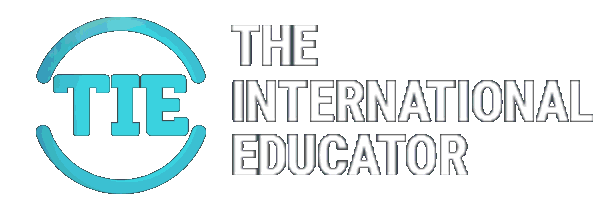By Gordon Eldridge, TIE Columnist
03-Mar-21
03-Mar-21

|
When it comes to structuring curriculum for global citizenship, designing instruction and experiences around justice-oriented citizenship is what we should be striving for. So what might the elements of such a curriculum be? ..more |








